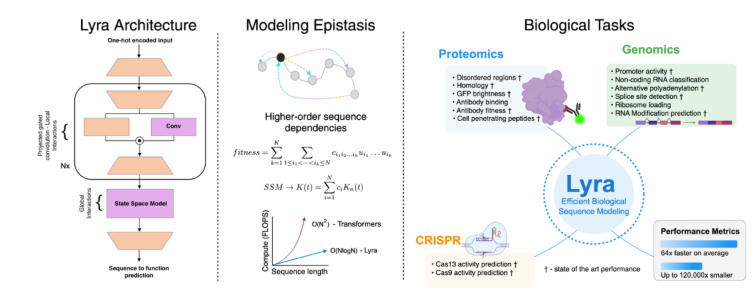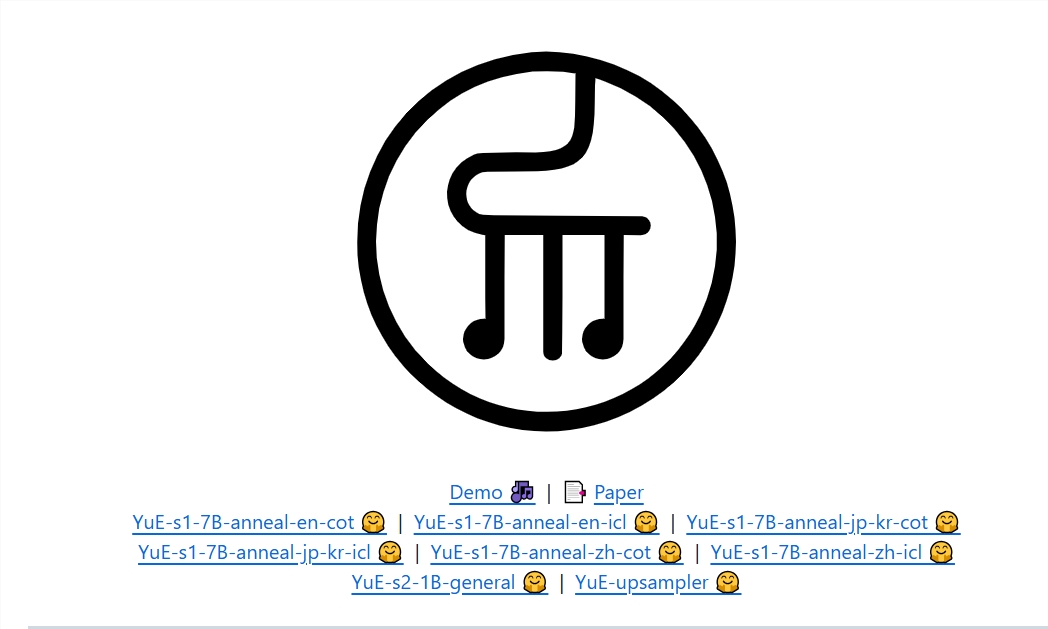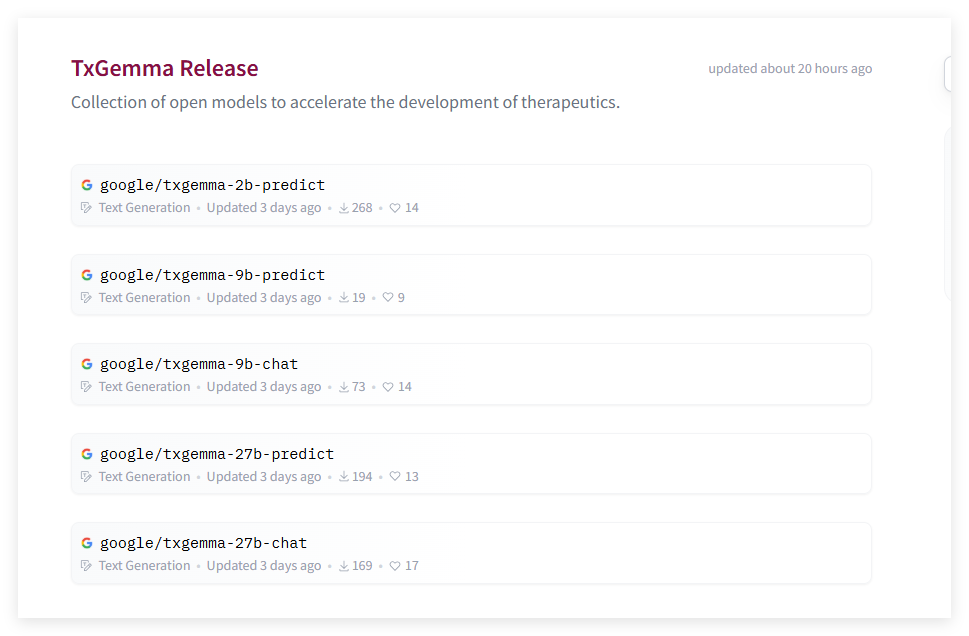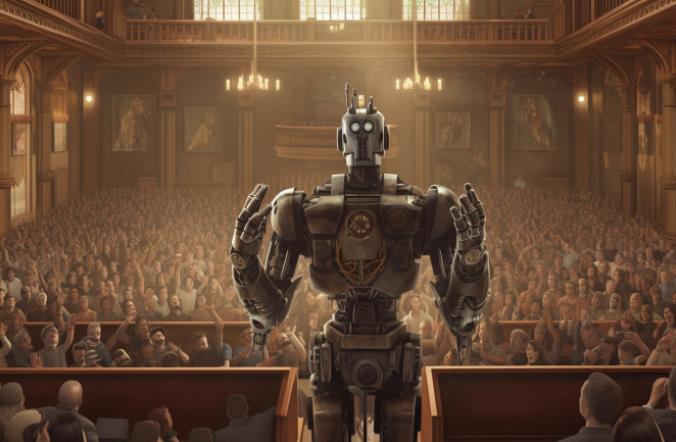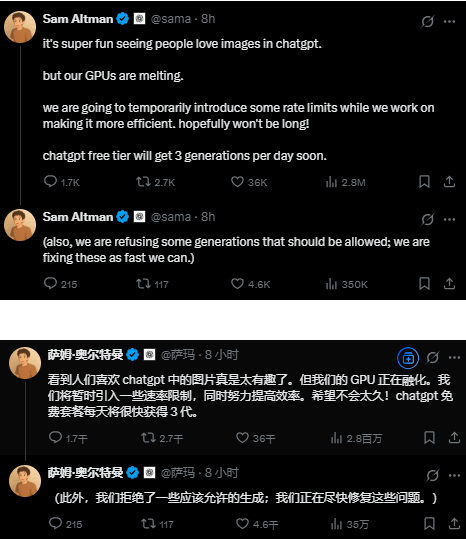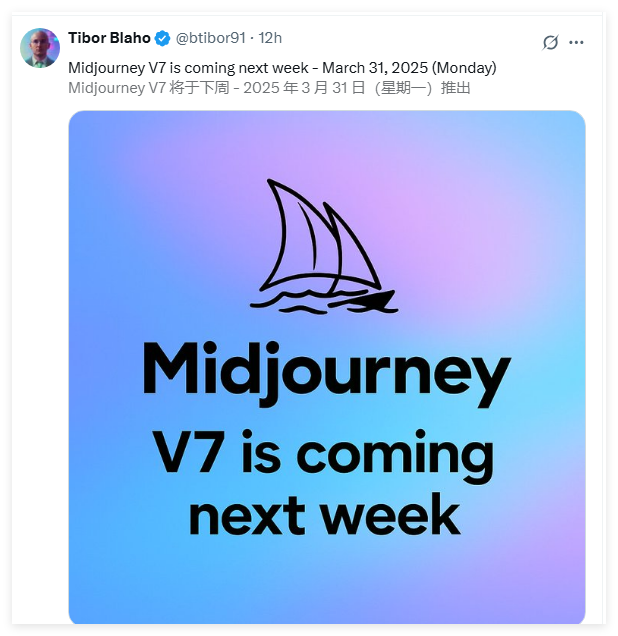In recent legal disputes, the court rejected OpenAI's request to allow the New York Times to continue its copyright lawsuit. At the heart of the case is the New York Times accusation that OpenAI of using its content without permission and payment.
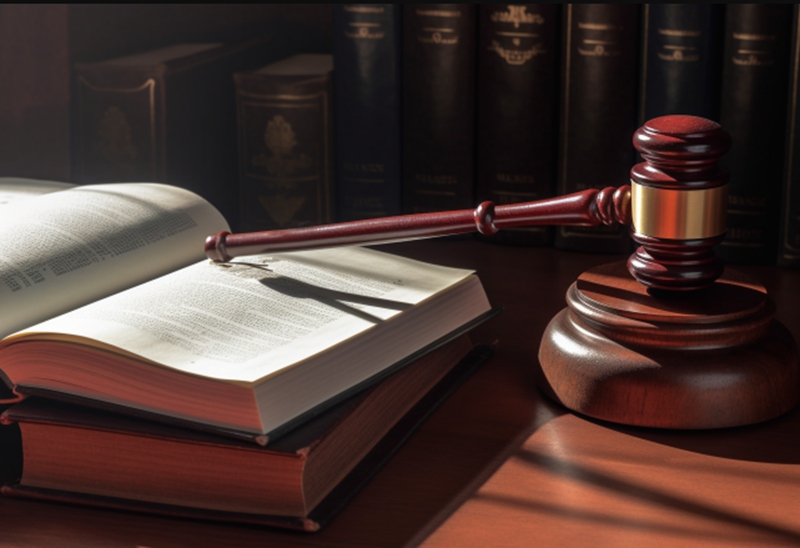
In an order, Sidney Stein, a judge in the Southern District of New York, allowed major copyright infringement charges to continue despite narrowing the scope of the lawsuit. The judge promised to release detailed opinions as soon as possible.
The ruling is a victory for The New York Times, which jointly challenged OpenAI with other publishers, accusing it of unauthorized collection of large amounts of data from the Internet while training the popular artificial intelligence service ChatGPT. Steven Lieberman, the lawyer representing the publishers, expressed gratitude for the opportunity to show the jury how OpenAI and Microsoft profited by stealing original content from newspapers around the country.
The New York Times lawyers believe that the newspaper's article is one of the largest sources of copyright texts used by OpenAI when building ChatGPT, and they accused OpenAI of violating copyright laws when extracting the newspaper's news content. OpenAI spokesman Jason Deutrom responded that the company welcomed the narrowing of the scope of the case and looked forward to making it clear that their AI model is built on public data and is in line with the legal framework of "fair use".
The court's ruling means the case will enter the trial stage, but no trial date has been set. Evidence collection, including confidential confessions from executives of both parties, is expected to be held in a publicly held preliminary hearing to resolve disputes on evidence and other matters. The outcome of this case will have a significant impact on the future of news industry and artificial intelligence tools.
